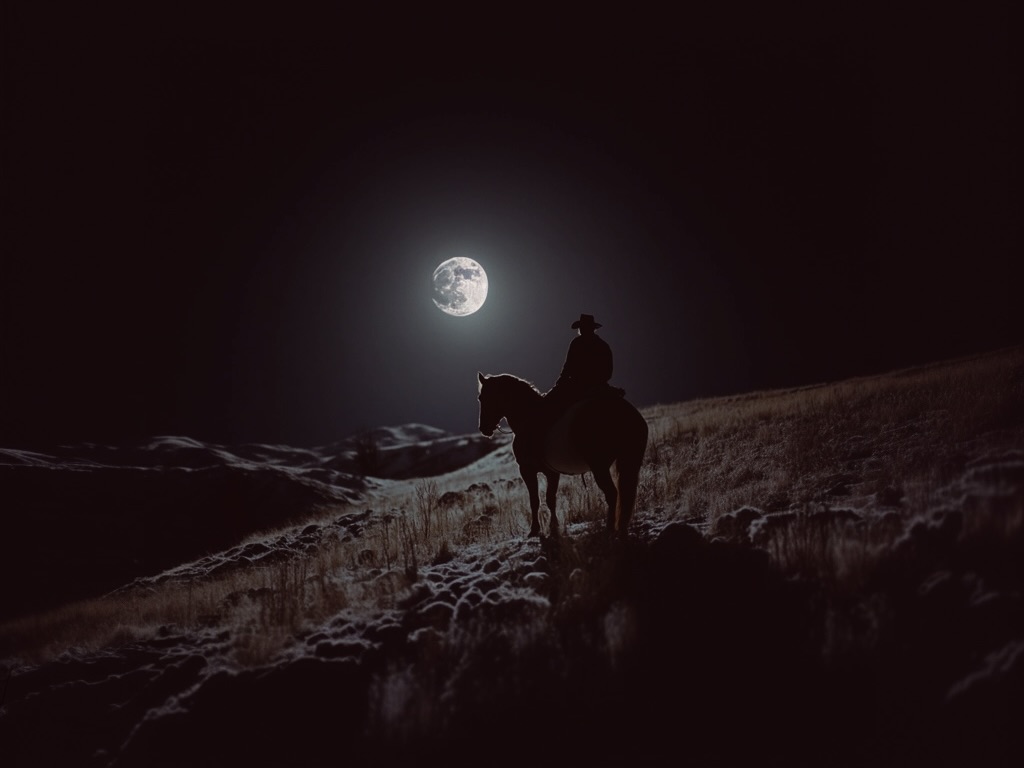Brokeback and Brokenhearted

Hi everyone!
Let’s start today’s post with a bit of a paradox: One of the most beautiful things about stories is their ability to make us cry. Sounds strange, right? But I think it’s what I’ve always loved about storytelling: it creates this intense empathy that makes you feel so deeply for others, even if they’re fictional. Stories don’t just entertain; they reach into the core of who you are and tug at emotions you didn’t even know you had.
Take Annie Proulx’s Brokeback Mountain, for example. It’s a short story that shatters your heart in the best possible way. The love between Ennis Del Mar and Jack Twist is so raw and real, but also doomed from the start. For those unfamiliar with the plot (spoiler alert!), it follows these two ranch hands who meet one summer on Brokeback Mountain and form an intense but secretive bond. Over the years, their love continues even as they marry and build separate lives, yet their relationship is shadowed by fear and societal pressure. What’s so powerful about this story isn’t just the tragedy of it all (though, believe me, it’s devastating), but how it makes you understand these two men on a profound level. By the time you finish, you feel like you’ve lived their pain, their love, and their impossible situation right alongside them. It’s not just that you’re sad for them; you’re sad with them.
One of the most poignant moments in the story comes before Ennis and Jack ever even touch each other. Proulx writes: “Ennis, riding against the wind back to the sheep in the treacherous, drunken light, thought he’d never had such a good time, felt he could paw the white out of the moon.” This moment is pure joy for Ennis, even though he’s not someone who typically allows himself to feel much. The metaphor of pawing the white out of the moon (which is so beautiful!) captures the sense of wonder and freedom he’s experiencing. It’s as if he’s grasping at something elusive—an experience so unfamiliar that it makes him feel like he could do anything in the world. He’s on the verge of something magical, even though he doesn’t yet know what it is.
Now, let’s turn our attention to the opposite emotion: the profound sadness that permeates the latter part of the story. The scene where Ennis learns of Jack’s death is just as gut-wrenching. Ennis sends Jack a postcard, only to have it returned with a cold, impersonal stamp: DECEASED. It’s an abrupt, jarring end to their relationship that feels almost surreal. Just in the paragraph before, Ennis reflects on the final moment they shared, thinking: “Later, that dozy embrace solidified in his memory as the single moment of artless, charmed happiness in their separate and difficult lives. Nothing marred it, even the knowledge that Ennis would not then embrace him face to face because he did not want to see nor feel that it was Jack he held.” That single embrace, in all its simplicity, becomes a symbol of everything good they shared—however fleeting. But the tragedy lies in the fact that Ennis never fully allowed himself to experience that love without restraint, and now it’s too late. Death comes out of nowhere, and we’re reminded that sometimes, we miss our shot.
That’s the magic of good writing—it puts you in someone else’s shoes, someone completely different from you, and it makes you feel everything they’re feeling. Brokeback Mountain does this masterfully. Ennis isn’t the most communicative guy, to say the least, but you get him. You understand the fear and internalized shame he carries, even when he’s hardly saying a word. And Jack, with all his openness and longing—he breaks your heart because you know he’s never going to get what he wants. You cry because the love between them is so clearly right, yet everything about the world around them says it’s wrong. And because the theme is so universal that everyone has made this experience: Sometimes it’s just too late.
Empathy is the key to understanding one another, and stories are a powerful tool for fostering that empathy as they generate empathy in a way that few other things can. They invite us into the lives of people we’ve never met—people who may live in entirely different worlds—and make their experiences feel as real as our own. It’s why we keep coming back to books, to movies, to any story that can make us cry. Those tears remind us that we’re connected to something bigger, that the human experience is shared.
So next time a story brings you to tears, embrace it. It’s a sign that the writer has done something truly special: they’ve made you care.
Talk to you soon—
—Lara